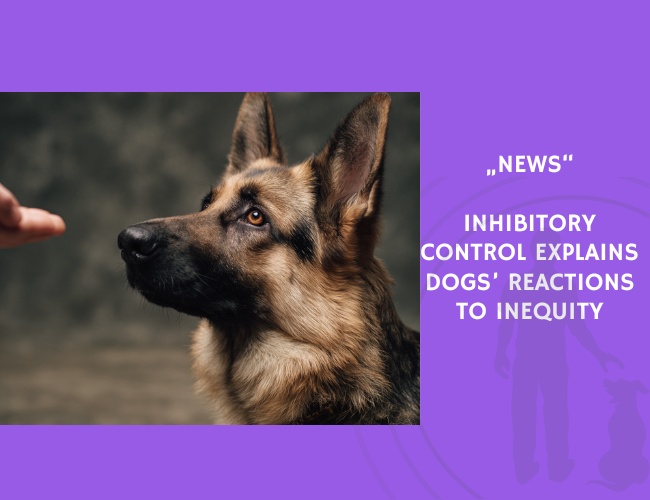In a study published in Scientific Reports, researchers Désirée Brucks, Friederike Range, and Sarah Marshall-Pescini (2017) investigated how dogs’ sensitivity to inequity—commonly referred to as “fairness”—is influenced by their cognitive traits, particularly inhibitory control.
Using a series of behavioral tests and owner-reported questionnaires, the team assessed inhibitory control in dogs and then observed how these same dogs reacted to receiving unfair treatment in reward-based tasks. The experimental setup required dogs to perform a task alongside a partner, with some dogs receiving rewards and others not.
The researchers found that dogs with higher compulsivity scores—who engage in repetitive behaviors—were generally more willing to continue the task, regardless of the reward distribution. However, dogs that showed slower decision-making in inhibitory control tasks were more sensitive to inequity. These dogs were more likely to stop participating when they perceived unfairness.
Interestingly, more impulsive and less persistent dogs were also more affected by unequal reward distribution. This suggests that low frustration tolerance may play a role in how dogs react to being treated unfairly.
This study is one of the first to link individual differences in self-regulation abilities to dogs’ reactions to inequity. It implies that the emotional and cognitive systems underlying dogs’ sense of fairness are complex and interdependent.
Understanding these mechanisms helps explain not only variability in behavior among individual dogs but also has broader implications for interpreting social cognition and cooperative behaviors in animals.
Source: Désirée Brucks, Friederike Range, Sarah Marshall-Pescini. “Dogs’ reaction to inequity is affected by inhibitory control.” Scientific Reports, Volume 7, 2017-11-17.










